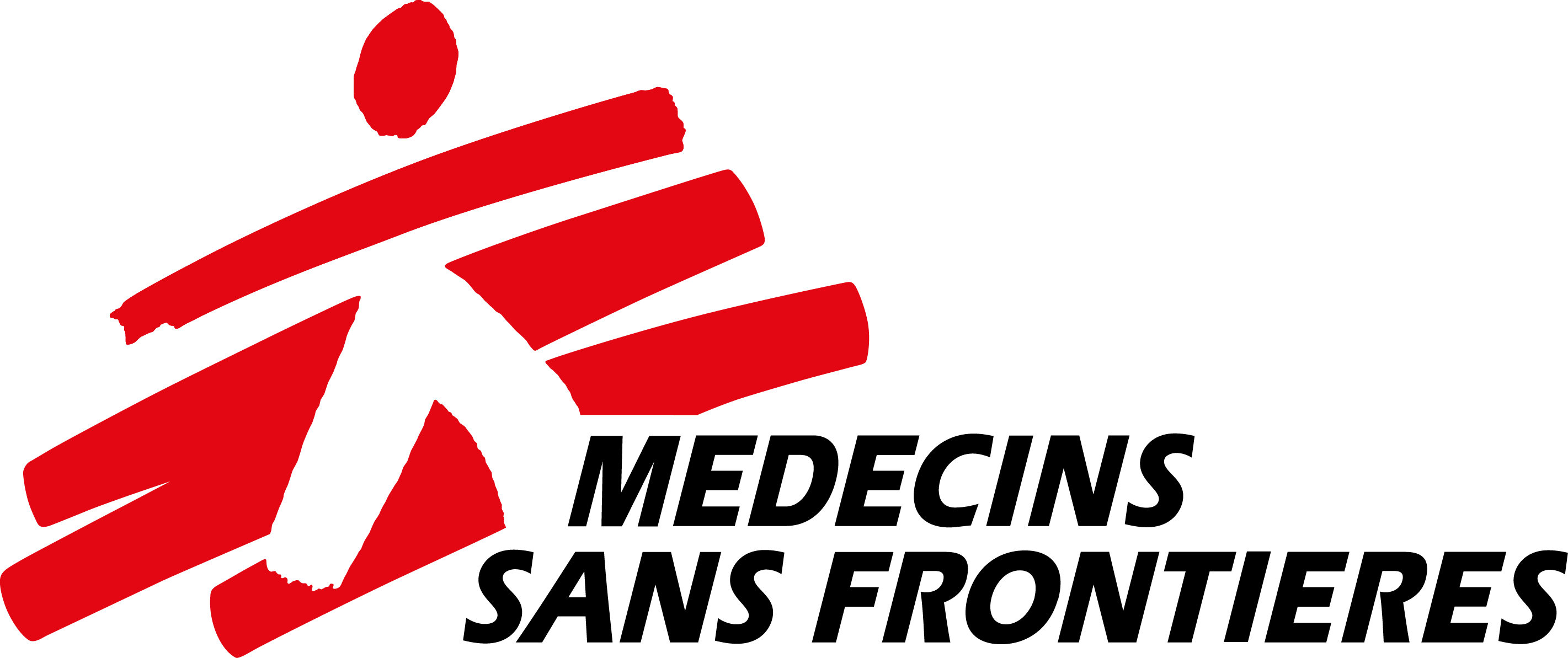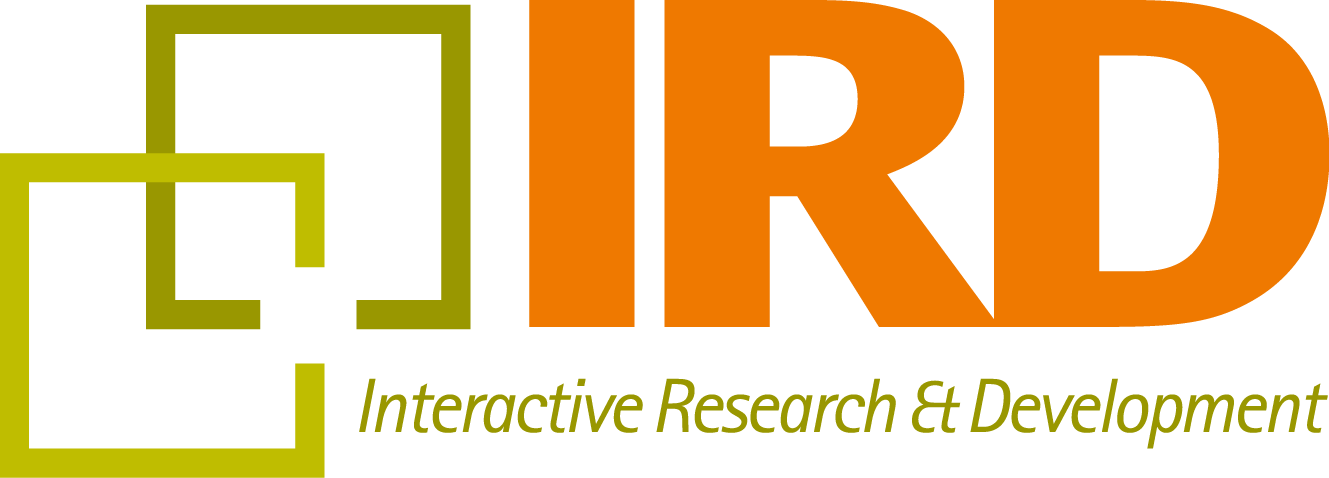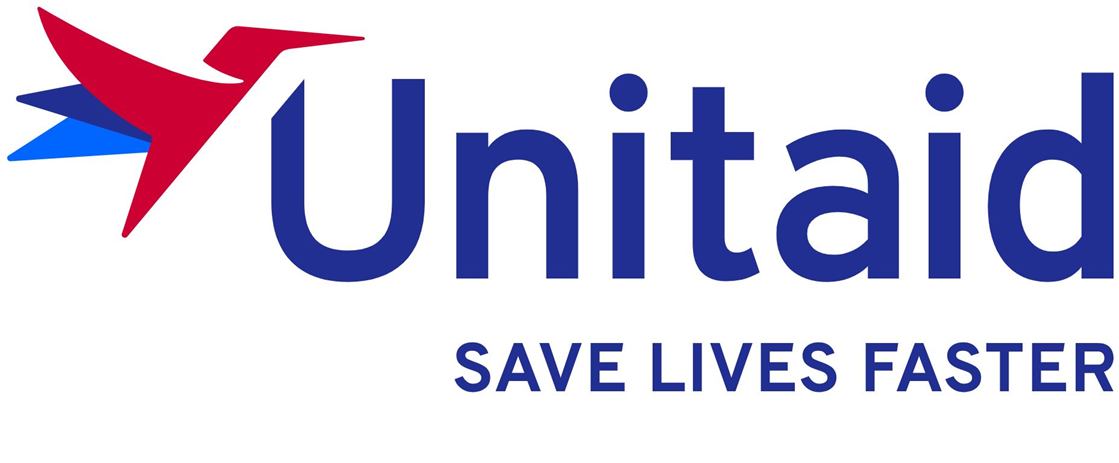Hindustan Time released a new article about endTB in India.
"Dr Lorenzo Guglielmetti is a doctor and the Médecins Sans Frontières director of the international endTB project. Dr Vijay Chavan is a chest specialist at the MSF TB Clinic in Mumbai.
Zainab, a child living in Mumbai, was two years old when she stopped gaining weight and started having fever. Her mother immediately suspected tuberculosis (TB): Bbefore she was born, Zainab’s grandfather struggled for many months with this deadly disease. For the mother, Zainab’s diagnosis was long and tedious journey. To confirm that her daughter was sick with TB, she had to take her through seven different clinics and two tertiary care hospitals. A few weeks after the initial diagnosis of TB, more bad news awaited Zainab. Microbiological tests showed that the TB bacteria were resistant to all four usual TB drugs and to some of the drugs used to treat drug-resistant tuberculosis (DR-TB).
Globally, TB is the leading killer among infectious diseases. According to the Global TB report by the World Health Organization (WHO), after years of slow decrease, in 2020 the world has seen for the first time a significant rise in the total number of TB-related deaths. One third of these deaths occurred in India. Drug resistance is a concerning pandemic within the TB pandemic, affecting at least 50,000 patients in India every year.
India is aiming to be ‘TB Free’ by 2025, five years before the target set by United Nations Sustainable Development Goals. This ambitious strategy entails a comprehensive, patient-centered approach that includes optimized diagnosis, partnership with the private care sector and support for individual patients during their treatment journey. However, with a steady count of complex DR-TB cases, are we actually close to achieving it?
DR-TB is difficult to treat and requires long, toxic regimens that are not adapted to those who need them most, like children. Research on DR-TB TB treatment must provide patients with treatment that includes shorter, well-tolerated combination of drugs that are adapted for administration to both adults and children. Clinical research is key to improve the current situation and progress towards TB elimination in India and in the world.
Overall, it had taken more than six months to diagnose Zainab with DR-TB, a long delay during which the disease continued to progress. In such cases, a long treatment of almost two years is required. Going through this means thousands of pills, sometimes-painful daily injections, and frequent, potentially irreversible side effects. Treatment success rates for DR-TB in India are low with only half of the patients successfully cured at the end of treatment. Possible reasons for this include the challenges of implementing a TB programme in a vast country with unequal health care delivery systems, high prevalence settings with migratory population, stigmatiszation of TB patients, and interruptions in drug supply.
According to the WHO, TB affects around one million children each year, with almost one out of four dying of this disease. The diagnosis of TB in children is much more challenging than in adults due to more insidious disease presentation and diagnostic tests, which are less reliable for children. Mortality rates are higher, in particular for children of five5 years of age or less. Globally, approximately one quarter of a million of children die of TB every year.
Yet, historically, TB research and national TB programmes have neglected children, as this group contributed less to transmission of the disease in the community. DR-TB treatment is not adapted to children as drugs are developed for adult population and child-friendly options are lacking. Most often, children have to take adult tablets, which must be crushed in an attempt to produce the right dosage. This increases the risk of toxicity and lower efficacy.
Zainab began her treatment on a regimen including many oral drugs and daily injectables, which was painful and very difficult to administer. During an initial hospitaliszation to start the treatment, Zainab had already started showing behavioural changes such as crying spells and aggressiveness towards her family. Her mother was distraught at the scenario unfolding with painful treatment for her young child and despair and helplessness regarding her future. She was finally referred to the Doctors Without Borders/Médecins Sans Frontières (MSF) clinic in Mumbai, where she was treated with the new drug delamanid formulated for children, along with other drugs.
The injections have now stopped for Zainab. Ten months after starting treatment, she has now gained weight and is healthy. She even reminds her mother herself about taking the needed medications. Today, Zainab is playful and interacts with all the staff at the clinic. For the first time, her mother is hopeful for her child’s recovery from the disease.
According to Dr Nidhin Joseph, an MSF TB physician, “Innovations in terms of newer drugs, newer shorter regimens which are easy for the patient to adhere to is the way forward. Research in this aspect will lead to robust scientific evidence for better and more palatable treatment.” Improved treatment regimens would represent a precious tool in the fight against TB, and a necessary complement to reach TB control goals in India and globally. To ameliorate current treatment, data of high quality is needed, which can only come from specific types of studies that rigorously compare new treatment regimens with the current standard of care (randomiszed controlled clinical trials).
Recogniszing the need of efforts and investments for TB research, MSF, in collaboration with Indian Council of Medical Research - National AIDS Research Institute (ICMR-NARI), is running two clinical trials in Maharashtra, as part of the multi-country “endTB” project. These trials test combinations of newer, potent drugs, bedaquiline and delamanid, with other anti-TB drugs, aiming at shortening treatment to six to nine6-9 months and improving treatment success rates for DR-TB patients.
For India to advance towards the “TB Free” goal by 2025, we need broad collaborations between non-governmental organizations, national TB programmes, and civil society to foster research and innovation to revolutionisze treatment for communities affected by DR-TB. Clinical research on DR-TB is key to developing optimiszed treatment options for everyone, including children like Zainab. Ultimately, an all-oral, less toxic, shorter treatment would mean better access for everyone.
(Dr Lorenzo Guglielmetti is a doctor and the Médecins Sans Frontières director of the international endTB project. Dr Vijay Chavan is a chest specialist at the MSF TB Clinic in Mumbai.)"
Original Article from : Hindustan Time




